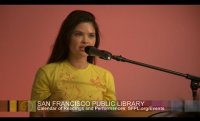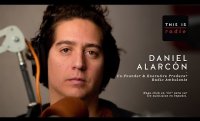Have a short story, essay, or fiction manuscript ready to submit? Don’t miss out on these prose contests offering prizes of at least $1,000 and publication—all with a deadline of November 1.
Reed Magazine Gabriele Rico Challenge in Creative Nonfiction: A prize of $1,333 and publication in Reed Magazine is given annually for an essay. Entry fee: $15
Reed Magazine John Steinbeck Fiction Award: A prize of $1,000 and publication in Reed Magazine is given annually for a short story. Entry fee: $15
Briar Cliff Review Writing Contests: Two prizes of $1,000 each and publication in Briar Cliff Review are given annually for a short story and an essay. The editors will judge. Entry fee: $20
Madison Review Fiction Prize: A prize of $1,000 and publication in Madison Review is given annually for a short story. The editors will judge. Entry fee: $10
Fiction Collective Two Ronald Sukenick Innovative Fiction Contest: A prize of $1,500 and publication by Fiction Collective Two is given annually for a short story collection, novella, novella collection, or novel. U.S. writers who have not previously published a book with Fiction Collective Two are eligible. Noy Holland will judge. Entry fee: $25
Visit the contest websites for complete guidelines, and check out our Grants & Awards database and Submission Calendar for more upcoming contests in poetry, fiction, and nonfiction.







![Joan Didion: The Center Will Not Hold | Official Trailer [HD] | Netflix](https://www.pw.org/files/styles/video_thumb_medium/public/media-oembed/i.ytimg.com/vi/99NaRJQzXiM/hqdefault.jpg?itok=Zlqz2eJL)